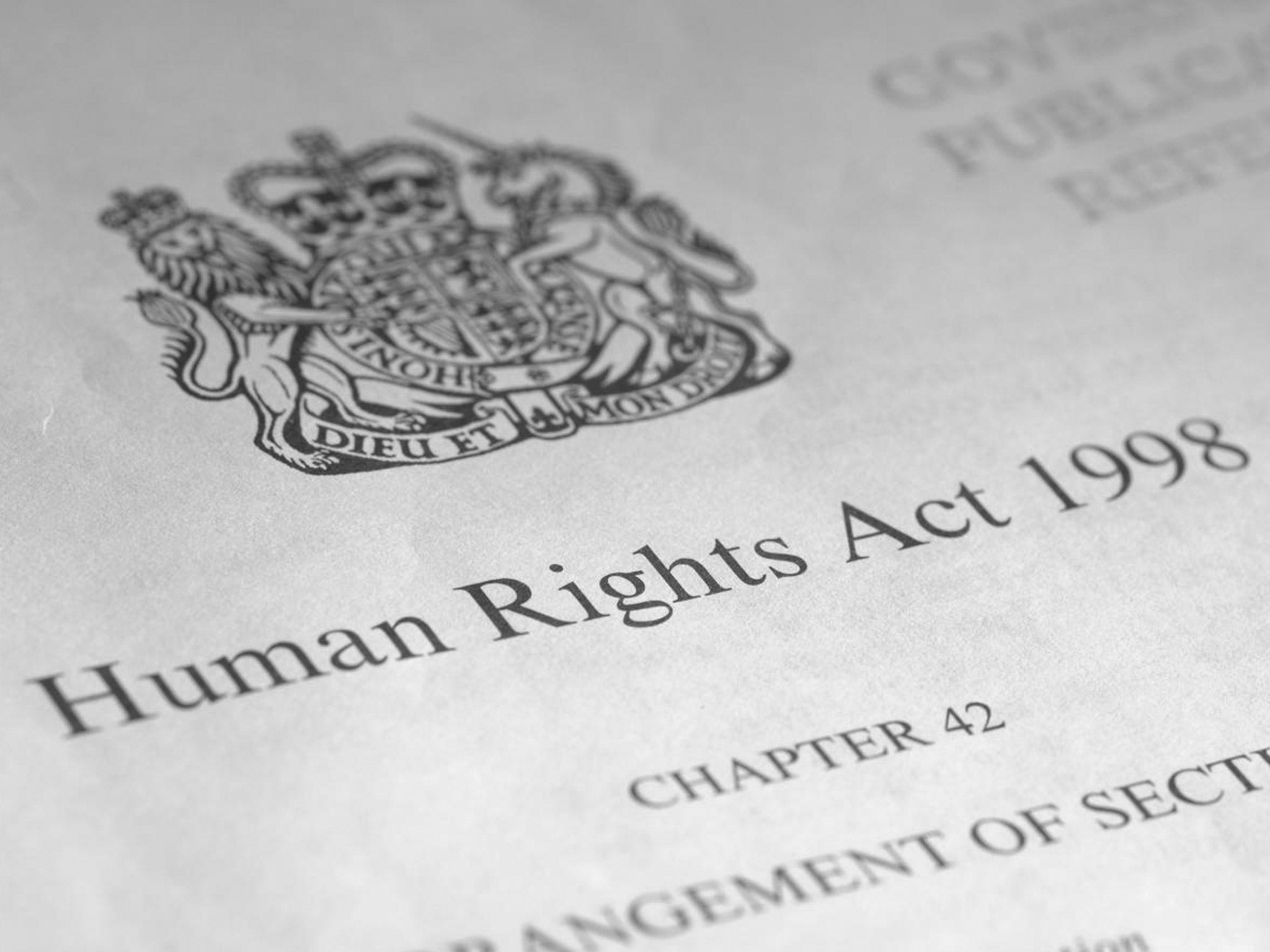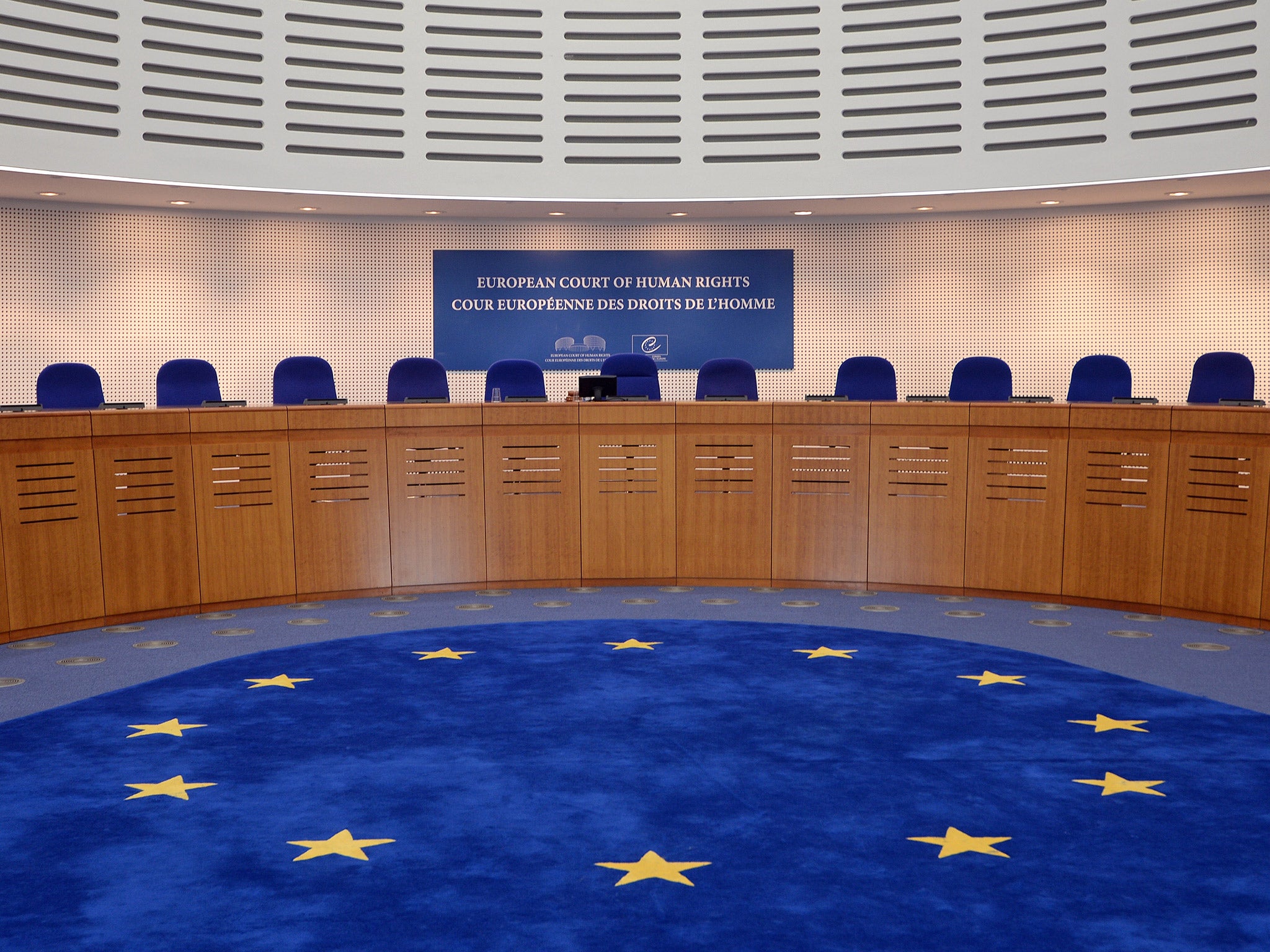Michael Gove must navigate a political minefield before Tories can scrap the Human Rights Act
There are also legal obstacles to negotiate before it can be abolished

In their 80-page manifesto, the Conservatives dedicated fewer than 50 words to a subject that is set to become the biggest test of David Cameron’s authority and the Tories’ small Parliamentary majority.
“The next Conservative Government,” it said, “will scrap the Human Rights Act, and introduce a British Bill of Rights. This will break the formal link between British courts and the European Court of Human Rights, and make our own Supreme Court the ultimate arbiter of human rights matters in the UK.”
Most commentators assumed the pledge was only in the manifesto to appease the Tory right – which wants to restrict the rights of prisoners to vote and to “rein in” what it sees as an activist judiciary in Strasbourg that they blame for curtailing the ability to deport foreign criminals.
The generally held view was that this promise would be kicked firmly into the long grass, even with a Tory majority Government. But now it appears Mr Cameron and his new Justice Secretary Michael Gove are deadly serious.

Senior Conservatives have briefed that abolition of Labour’s 1998 Human Rights Act will form a key part of David Cameron’s 100-day policy priorities. Michael Gove is particularly looking forward to delivering the manifesto commitment to “make our own Supreme Court the ultimate arbiter of human rights matters in the UK,” they said.
By doing so, Mr Cameron has set himself up for a Battle Royale with the judiciary, the devolved administrations in Scotland, Wales and Northern Ireland – not to mention significant numbers of his own MPs, whose support he will need to pass legislation.
The first problem is that it is not possible for the British Government to “break the formal link” between the UK and the European Court of Human Rights without withdrawing from the Convention completely. That is because, under our treaty obligations, we have accepted the Strasbourg court as the ultimate arbiter of Convention violations – and unless we withdraw altogether, that will not change.
For years before the Human Rights Act was introduced, members of the public with a legal grievance used to petition the Strasbourg Court directly because they could not go through the English courts. And that could re-occur if a Tory Bill of Rights was incompatible with the Convention in areas such as prisoner voting.

In fact, the only way to ensure for certain that a new Bill of Rights was supreme would be to withdraw from the Convention altogether.
And that would have profound consequences. As the former Conservative Lord Chancellor Kenneth Clarke pointed out, if Britain decided to pull out of the Convention, that would allow other countries, with far worse human rights records, to do likewise. It would also diminish the UK’s reputation abroad.
Then there are separate but related problems of Scotland and Northern Ireland. The SNP-led Scottish Government is strongly opposed to any attempt to repeal the Human Rights Act or withdraw from the European Convention. And under the terms of the devolution settlement, to do so would require the consent of the Scottish Parliament – meaning the Government could end up in the constitutional quagmire of having a new British Bill of Rights in England that was not acknowledged in Scotland.
But, if that is tricky enough, the problems of the proposed changes in regard to Northern Ireland are even more intractable. The ECHR is integrated into the Good Friday Agreement and to fundamentally alter how it is given legal effect would almost certainly require the rewriting of the Good Friday Agreement – not something any British politician would want to undertake lightly or, in fact, at all.
All this adds up to a mighty headache for the new Justice Secretary, Michael Gove, who has been charged with drafting a new British Bill of Rights. His former special advisor, Dominic Cummings, has put his chances of successfully navigating the political and constitutional minefield at less than 5 per cent. “There are two connected very big questions that MPs need to ask,” he wrote earlier this week. “Will the Government leave the ECHR so that not only will we have our own Human Rights Act but British citizens will not be able to go to Strasbourg any more than US or Chinese citizens can?
“Will the Government roll the issue into its renegotiation of EU membership in order that the manifesto promise is kept and the Supreme Court is made ‘supreme’? If not, the Luxembourg court [the European Court of Justice] will continue to impose the views of the Strasbourg court [ECHR] even if No 10 takes the radical option.”
Mr Gove revels in upsetting orthodoxies. But on this issue he may find that he’s been handed a poisoned chalice.
What will happen?
Scenario One
Gove pushes ahead with plans to limit the role of the European Court of Human Rights over British law. The measure is either defeated in the House of Commons or amended in the House of Lords where the Government no longer has a majority. Either way, the measure falls.
Scenario Two
Gove pushes ahead with plans to limit the role of the European Court of Human Rights over British law and against the odds succeeds in getting it through Parliament. Britain faces expulsion from the Council of Europe and is no longer bound by the Convention on Human Rights.
Scenario Three
The Government talks tough but its legislation does very little. A new Bill of Rights is passed to replace the Human Rights Act but the ECHR is still recognised as the supreme authority on Human Rights. This is the most likely outcome but would result in almost no change to the existing legal framework.
Join our commenting forum
Join thought-provoking conversations, follow other Independent readers and see their replies
Comments
Bookmark popover
Removed from bookmarks